|
As women age, their bodies and lifestyles undergo significant changes. For women over 50, maintaining a healthy lifestyle is more critical than ever. But sometimes, figuring out where to start can be daunting. This article will provide practical tips on the best lifestyle changes that women over 50 can adopt to promote health and well-being. Prioritize regular exercise: As we age, our metabolism slows down, and our muscle mass decreases. Regular exercise can help to maintain muscle mass and keep the metabolism functioning effectively. It is also essential for maintaining strong bones and preventing osteoporosis, a common condition in postmenopausal women. Activities such as brisk walking, swimming, or cycling can be incorporated into daily routines. Eat a healthy diet: The food we eat plays a crucial role in our health and well-being. Women over 50 should aim for a well-balanced diet that includes plenty of fruits, vegetables, whole grains, lean proteins, and healthy fats. As we age, our calorie requirements decrease, and we need to consume fewer calories than we did in our younger years. It is also essential to limit the intake of processed foods, sugary drinks, and high-fat snacks. Stay hydrated: As we age, our body's water content decreases, making it essential to drink plenty of fluids. Women over 50 should aim for at least eight glasses of water a day, and more if they are physically active or live in hot climates. Staying hydrated helps to maintain healthy skin, regulate body temperature, and prevent constipation. Get enough sleep: Sleep is crucial for good health, and women over 50 should aim for at least seven hours of sleep per night. Getting enough sleep can improve mood, cognitive function, and physical health. It is also essential to establish a regular sleep routine, including going to bed and waking up at the same time each day. Manage stress: Stress can have a significant impact on our health and well-being, and it's essential to find ways to manage stress effectively. Meditation, yoga, deep breathing exercises, and mindfulness can all help to reduce stress levels. It is also essential to make time for activities that bring joy and relaxation, such as hobbies, reading, or spending time with loved ones. Get regular health check-ups: Regular health check-ups are essential for detecting and treating any health issues that may arise. Women over 50 should schedule regular appointments with their healthcare providers for routine screenings, such as mammograms, colonoscopies, and bone density tests. It is also essential to discuss any concerns or symptoms with a healthcare provider promptly. Adopting healthy lifestyle changes is essential for women over 50 to maintain good health and well-being. Prioritizing regular exercise, eating a healthy diet, staying hydrated, getting enough sleep, managing stress, and scheduling regular health check-ups are all practical steps that women over 50 can take to promote good health. By making these lifestyle changes, women over 50 can enjoy a vibrant and fulfilling life.
0 Comments
As women age, they may find themselves questioning what fashion choices are appropriate for their changing bodies and lifestyles. But just because you're over 50 doesn't mean you can't still look and feel fabulous. In fact, with a few key tips and tricks, you can enhance your personal style and exude confidence like never before. Here are 5 fashion tips for women 50+ that are sure to elevate your wardrobe and make you feel like a fashion icon. Dress for Your Body Shape As we age, our bodies naturally change, and it's important to adjust our clothing choices accordingly. It's time to embrace your body shape and dress for what suits you best. If you're an apple shape, try tops that cinch at the waist and flatter your bustline. If you're pear-shaped, opt for A-line skirts that skim over your hips and highlight your waist. No matter your shape, the key is to find clothing that fits well and accentuates your best features. Invest in Quality Pieces As we age, it's also important to invest in quality pieces that will last for years to come. You don't have to spend a fortune, but try to avoid fast fashion and instead opt for classic pieces that can be dressed up or down. A well-fitted blazer, a timeless trench coat, and a versatile pair of black pants are all great investments that can be worn for various occasions. Accessorize Strategically Accessories are a great way to elevate any outfit, but it's important to choose them strategically. Avoid wearing too many statement pieces at once and instead opt for one or two items that will complement your outfit without overpowering it. A statement necklace or a bold scarf can add some interest to an otherwise basic outfit. Play with Color and Prints Don't be afraid to play with color and prints, even if you've been told to stick to neutrals as you age. Wearing bold colors and prints can be a fun way to express your personality and add some excitement to your wardrobe. If you're not sure where to start, try incorporating a colorful scarf or a patterned blouse into your outfit. Embrace Comfortable Shoes As we age, our feet may become more sensitive, making it important to choose comfortable shoes that offer support. However, comfort doesn't have to mean sacrificing style. Opt for shoes with a low or moderate heel, like a block heel or a kitten heel, and look for cushioned soles and supportive arches. A comfortable pair of shoes can take you from a day of running errands to a night out with friends. Fashion is not just for the young. As we age, we have the opportunity to enhance our personal style and embrace our changing bodies. By dressing for our body shape, investing in quality pieces, accessorizing strategically, playing with color and prints, and embracing comfortable shoes, women 50+ can look and feel fabulous. Remember, fashion is not about age, it's about confidence and self-expression. So go ahead, try something new and embrace your inner fashionista. As we grow older, our body experiences many changes. Our skin loses its elasticity, hair starts to grey, and our joints become stiffer. Aging is an inevitable part of life, but it doesn't have to be a negative experience. With a few simple changes to our lifestyle and mindset, we can age beautifully and gracefully. Take Care of Your Skin As we age, our skin becomes drier, thinner, and less elastic. It's important to take care of your skin by keeping it moisturized and protected from the sun. Use a gentle cleanser and a moisturizer that contains sunscreen to keep your skin hydrated and protected. Also, try to avoid smoking and excessive alcohol consumption, as they can accelerate the aging process. Exercise Regularly Regular exercise is essential for maintaining a healthy body and mind as we age. It can help improve our muscle strength and flexibility, boost our mood, and reduce our risk of chronic diseases such as heart disease and diabetes. Aim for at least 30 minutes of moderate-intensity exercise, such as brisk walking, cycling, or swimming, on most days of the week. Eat a Balanced Diet A healthy diet is important for maintaining good health and preventing chronic diseases. As we age, our bodies require fewer calories, but we still need the same amount of nutrients. Focus on eating a variety of nutrient-dense foods such as fruits, vegetables, whole grains, lean protein, and healthy fats. Also, be sure to drink plenty of water to stay hydrated. Get Enough Sleep Getting enough sleep is essential for maintaining good health and well-being. As we age, our sleep patterns may change, and we may find it more difficult to fall asleep or stay asleep. Aim for 7-8 hours of sleep each night and establish a regular sleep routine to help promote better sleep. Practice Mindfulness Practicing mindfulness can help reduce stress and improve our overall well-being as we age. Mindfulness involves paying attention to the present moment without judgment. It can be practiced through meditation, yoga, or simply by taking a few minutes each day to focus on your breath and the present moment. Stay Socially Connected Staying socially connected is important for our mental and emotional well-being as we age. It can help reduce feelings of loneliness and isolation and improve our overall quality of life. Stay connected with friends and family, join a social group or club, or volunteer in your community to stay engaged and connected. Maintain a Positive Attitude Maintaining a positive attitude can help us cope with the challenges and changes that come with aging. Focus on the positive aspects of your life, practice gratitude, and surround yourself with positive people who uplift and inspire you. Aging is an inevitable part of life, but it doesn't have to be a negative experience. By taking care of our skin, exercising regularly, eating a balanced diet, getting enough sleep, practicing mindfulness, staying socially connected, and maintaining a positive attitude, we can age beautifully and gracefully. Embrace the journey and enjoy every moment. As women age, they face a range of challenges that can impact their mental health. These challenges can include physical health problems, financial difficulties, loneliness, and the loss of loved ones. In addition, the stigma surrounding mental health issues can make it difficult for women over 50 to seek help. However, it's crucial for women in this age group to prioritize their mental health and seek support when they need it. Why Mental Health Support Matters Mental health support can take many forms, including therapy, support groups, and medication. Regardless of the type of support, it can make a significant difference in a woman's life. For example, seeking help for depression can improve overall quality of life, increase self-esteem, and reduce the risk of suicide. Furthermore, mental health support can also help women over 50 navigate other challenges they may be facing. For example, therapy can help women cope with the loss of a spouse or loved one, while support groups can provide a sense of community and reduce loneliness. Medication can also be helpful for managing symptoms of anxiety or depression that may be impacting a woman's daily life. Unfortunately, many women over 50 may not seek out mental health support due to stigma, lack of access to resources, or a lack of understanding about the benefits of seeking help. However, it's important for women in this age group to prioritize their mental health and seek support when they need it. The Unique Challenges Women Over 50 Face Women over 50 face a range of challenges that can impact their mental health. For example, physical health problems can be a major stressor. Chronic pain, mobility issues, and other health problems can make it difficult for women to stay active and engaged in their communities, which can lead to feelings of isolation and loneliness. Furthermore, financial difficulties can also be a major source of stress for women over 50. Many women in this age group may be nearing retirement or may be struggling to make ends meet on a fixed income. These financial worries can impact mental health and make it difficult to access resources for mental health support. In addition, women over 50 may be experiencing a range of life transitions that can impact their mental health. For example, they may be dealing with the loss of a spouse or loved one, navigating an empty nest, or facing health problems of their own. All of these challenges can impact mental health and make it more difficult for women to manage daily life. How to Seek Help If you are a woman over 50 who is struggling with your mental health, it's important to know that help is available. The first step is to talk to your doctor or a mental health professional. They can provide you with resources and guidance on where to seek help in your community. There are also a number of online resources and support groups that can be helpful for women over 50. For example, the National Alliance on Mental Illness (NAMI) offers a variety of resources for older adults, including online support groups and educational materials. It's also important to prioritize self-care. This can include activities such as exercise, meditation, or spending time with loved ones. Taking care of your physical health can also have a positive impact on your mental health. Women over 50 face a range of challenges that can impact their mental health. However, seeking mental health support can make a significant difference in overall quality of life. Whether it's through therapy, support groups, or medication, there are many resources available to help women over 50 prioritize their mental health. If you or a loved one is struggling with mental health issues, don't hesitate to seek help. Talk to your doctor or a mental health professional, and explore the many resources available for women over 50. As we age, we become more susceptible to illnesses, and our body's natural functions begin to decline. One of the most visible signs of aging is the appearance of fine lines and wrinkles on our skin. While we can't turn back time, there are things we can do to slow down the aging process, and one of them is by incorporating antioxidants into our diet. What are Antioxidants? Antioxidants are compounds found in foods and supplements that help protect cells from damage caused by free radicals. Free radicals are unstable molecules produced by our bodies in response to environmental factors such as pollution, stress, and UV radiation. When free radicals accumulate in our bodies, they can damage cells, leading to inflammation, cancer, and other chronic diseases. Antioxidants work by neutralizing free radicals, which in turn prevents them from causing damage to our cells. There are several types of antioxidants, including vitamins A, C, and E, beta-carotene, and selenium, among others. These antioxidants are found in a variety of foods, including fruits, vegetables, nuts, and whole grains. Why are Antioxidants Important for Anti-Aging? As we age, our bodies become less efficient at neutralizing free radicals, which can lead to the development of age-related diseases and premature aging. Antioxidants can help counteract the effects of free radicals and slow down the aging process. One of the primary ways antioxidants benefit anti-aging is by protecting our skin from damage caused by UV radiation. UV radiation from the sun is a major contributor to skin aging, including the development of wrinkles, age spots, and other signs of premature aging. Antioxidants such as vitamin C and E can help protect our skin from the damaging effects of UV radiation, preventing premature aging. Another way antioxidants help with anti-aging is by reducing inflammation in the body. Chronic inflammation is associated with several age-related diseases, including Alzheimer's, diabetes, and heart disease. Antioxidants can help reduce inflammation by neutralizing free radicals and reducing oxidative stress, which is a major contributor to chronic inflammation. Lastly, antioxidants can help improve cognitive function as we age. Several studies have shown that antioxidants such as vitamin E and selenium can help improve cognitive function and reduce the risk of developing age-related cognitive decline. Incorporating Antioxidants into Your Diet Now that you know how important antioxidants are for anti-aging, it's essential to incorporate them into your diet. The best way to get antioxidants is through a healthy, balanced diet that includes a variety of fruits, vegetables, nuts, and whole grains. Some foods that are particularly high in antioxidants include blueberries, strawberries, spinach, and nuts such as almonds and walnuts. If you're struggling to get enough antioxidants in your diet, you can also consider taking a daily antioxidant supplement. However, it's important to remember that supplements should not replace a healthy, balanced diet and should only be taken under the guidance of a healthcare professional. Antioxidants play a crucial role in anti-aging by protecting our cells from damage caused by free radicals. By incorporating antioxidants into our diet, we can slow down the aging process, protect our skin from premature aging, reduce inflammation, and improve cognitive function. Remember to eat a healthy, balanced diet that includes a variety of fruits, vegetables, nuts, and whole grains, and talk to your healthcare professional before taking any antioxidant supplements. With the right diet and lifestyle choices, we can all age gracefully and healthily. Aging is an inevitable process that affects everyone, but it doesn't have to be a dreaded experience. The good news is that there are several powerful anti-aging supplements available that can help women slow down the aging process and improve their overall health and wellbeing. In this article, we will discuss the top 5 anti-aging supplements that every woman should take. Omega-3 Fatty Acids Omega-3 fatty acids are essential fats that play a crucial role in our health. They help reduce inflammation, lower blood pressure, and improve heart health. They also help improve brain function and reduce the risk of depression and anxiety. Studies have shown that omega-3 fatty acids can help reduce the signs of aging by improving skin elasticity, reducing wrinkles and fine lines, and promoting healthy hair and nails. You can get omega-3 fatty acids from fatty fish like salmon, mackerel, and sardines, or from supplements. Vitamin D Vitamin D is essential for strong bones and teeth, but it also has several other health benefits. It can help improve immune function, reduce inflammation, and improve mood. Vitamin D also helps reduce the risk of age-related diseases like osteoporosis, heart disease, and cancer. Studies have shown that vitamin D can also help reduce the signs of aging by promoting healthy skin and reducing the appearance of wrinkles. You can get vitamin D from sunlight, fortified foods like milk and orange juice, or from supplements. Collagen Collagen is a protein that is essential for healthy skin, hair, nails, and joints. It helps improve skin elasticity, reduce the appearance of wrinkles and fine lines, and promote healthy hair and nails. Collagen also helps reduce joint pain and stiffness, making it a popular supplement among athletes and people with joint conditions like arthritis. You can get collagen from bone broth, chicken, and fish, or from supplements. Coenzyme Q10 Coenzyme Q10, also known as CoQ10, is a powerful antioxidant that helps protect the body against oxidative damage. It also helps improve heart health, reduce inflammation, and boost energy levels. Studies have shown that CoQ10 can help reduce the signs of aging by improving skin texture and reducing the appearance of wrinkles. You can get CoQ10 from foods like salmon, organ meats, and whole grains, or from supplements. Resveratrol Resveratrol is a powerful antioxidant that is found in red wine, grapes, and berries. It helps reduce inflammation, improve heart health, and boost immune function. Resveratrol also has anti-aging properties and has been shown to improve skin texture and reduce the appearance of wrinkles. You can get resveratrol from red wine, grapes, and berries, or from supplements. Aging is a natural process, but it doesn't have to be a negative experience. By taking the right supplements, women can slow down the aging process and improve their overall health and wellbeing. Omega-3 fatty acids, vitamin D, collagen, Coenzyme Q10, and resveratrol are all powerful anti-aging supplements that can help women look and feel their best. Remember to talk to your healthcare provider before starting any new supplements, and always choose high-quality supplements from reputable manufacturers. With the right supplements and a healthy lifestyle, women can age gracefully and enjoy a happy and healthy life. Becoming a parent is an exciting time, filled with love, joy, and anticipation. But for many new mothers, the reality can be quite different. Postpartum depression (PPD) affects approximately 1 in 7 women in the United States, according to the Centers for Disease Control and Prevention (CDC). Despite its prevalence, PPD often goes unrecognized and untreated. In this article, we'll explore the signs, symptoms, and treatment options for postpartum depression, so you can be informed and prepared. What is Postpartum Depression? PPD is a type of depression that occurs after childbirth, typically within the first few weeks to months. It can range from mild to severe and can last for several months or longer. PPD can affect any new mother, regardless of age, ethnicity, or socioeconomic status. Signs and Symptoms The signs and symptoms of PPD can vary from person to person, but may include:
It's important to note that some of these symptoms, such as fatigue and difficulty sleeping, are common after childbirth. However, if these symptoms persist for more than two weeks or are interfering with your ability to care for yourself or your baby, it's important to seek help. Risk Factors While any new mother can experience PPD, there are certain factors that can increase your risk, including:
If you have one or more of these risk factors, it's important to be aware of the signs and symptoms of PPD and to seek help if you're struggling. Treatment Options The good news is that PPD is treatable. The most common treatments include:
It's important to work with a healthcare professional to determine the best treatment plan for you. In some cases, a combination of treatments may be recommended. How to Get Help If you're experiencing symptoms of PPD, it's important to seek help right away. Talk to your healthcare provider or a mental health professional, such as a therapist or psychiatrist. They can provide you with a diagnosis and recommend treatment options. You can also reach out to organizations such as Postpartum Support International (PSI) for support and resources. PPD is a common but often overlooked condition that affects many new mothers. If you're experiencing symptoms of PPD, it's important to seek help right away. Remember that PPD is treatable, and with the right support and treatment, you can feel better. As women age, their bodies go through various changes that can affect their overall health and well-being. It's important for women over 50 to be aware of the most common health concerns they may face, and take steps to address them. In this article, we'll explore the top health concerns for women over 50 and offer tips for addressing them. Heart disease Heart disease is the leading cause of death for women in the United States. Women over 50 are at an increased risk for heart disease due to hormonal changes, decreased physical activity, and weight gain. To prevent heart disease, women should maintain a healthy weight, exercise regularly, and eat a diet rich in fruits, vegetables, and whole grains. It's also important to have regular check-ups with a healthcare provider to monitor blood pressure and cholesterol levels. Osteoporosis Osteoporosis is a condition where bones become brittle and weak, increasing the risk of fractures. Women over 50 are at an increased risk for osteoporosis due to hormonal changes that occur after menopause. To prevent osteoporosis, women should consume adequate amounts of calcium and vitamin D, engage in weight-bearing exercise, and avoid smoking and excessive alcohol consumption. Breast cancer Breast cancer is a concern for all women, but the risk increases as women age. Women over 50 should have regular mammograms to screen for breast cancer. It's also important to be aware of any changes in the breasts and report them to a healthcare provider. Maintaining a healthy lifestyle, including regular exercise and a healthy diet, may also help reduce the risk of breast cancer. Depression Depression is a common mental health concern for women over 50. Hormonal changes, life changes such as retirement or loss of a loved one, and chronic illness can all contribute to depression. Women should seek support from a healthcare provider, therapist, or support group if they are experiencing symptoms of depression. Engaging in physical activity, getting enough sleep, and maintaining social connections may also help improve mood. Urinary incontinence Urinary incontinence, or the loss of bladder control, is a common concern for women over 50. It can be caused by hormonal changes, childbirth, and weakened pelvic muscles. Women should speak to their healthcare provider about treatment options, which may include pelvic floor exercises, medication, or surgery. Maintaining a healthy weight and avoiding bladder irritants such as caffeine and alcohol may also help reduce the risk of urinary incontinence. Diabetes Diabetes is a condition where the body is unable to regulate blood sugar levels. Women over 50 are at an increased risk for diabetes due to hormonal changes and decreased physical activity. To prevent diabetes, women should maintain a healthy weight, engage in regular physical activity, and eat a balanced diet that is low in sugar and refined carbohydrates. Women over 50 face a range of health concerns that can affect their overall well-being. By being aware of these concerns and taking steps to address them, women can maintain their health and quality of life as they age. Regular check-ups with a healthcare provider, maintaining a healthy weight, engaging in regular physical activity, and eating a balanced diet are all important steps to prevent or manage common health concerns for women over 50.
As we grow older, our bodies undergo a multitude of changes, both physical and mental. While some of these changes are a natural part of the aging process, others can be influenced by lifestyle factors and medical conditions. For women, understanding the biology of aging is crucial, as they tend to live longer than men and experience unique age-related health issues. The Science of Aging Aging is a complex process that involves the gradual decline of bodily functions over time. It is influenced by a variety of factors, including genetics, lifestyle, and environment. While there is no single cause of aging, scientists have identified several mechanisms that contribute to the aging process. One of the most well-known theories of aging is the free radical theory. Free radicals are unstable molecules that can damage cells and contribute to the aging process. They are produced naturally in the body, but can also be generated by environmental factors such as pollution, radiation, and tobacco smoke. Another mechanism that contributes to aging is cellular senescence. Senescent cells are damaged cells that have stopped dividing, but remain active in the body. As we age, the number of senescent cells increases, leading to inflammation and tissue damage. Understanding the biology of aging is important because it can help us develop interventions to slow down or reverse the aging process. While there is currently no cure for aging, scientists are making progress in understanding the underlying mechanisms and developing treatments that can improve the health and well-being of older adults. Aging in Women Women tend to live longer than men, but they also experience unique age-related health issues. Menopause is one of the most significant changes that women experience as they age. Menopause occurs when the ovaries stop producing estrogen and progesterone, which can lead to a variety of symptoms including hot flashes, mood changes, and decreased bone density. Another issue that women may face as they age is an increased risk of cardiovascular disease. Estrogen is thought to have a protective effect on the cardiovascular system, so when estrogen levels decline after menopause, women may be at higher risk for heart disease. Osteoporosis is another age-related health issue that affects women more than men. Osteoporosis is a condition in which the bones become thin and weak, making them more prone to fractures. Women are at higher risk for osteoporosis because they have smaller, thinner bones than men and lose bone density more rapidly after menopause. While these age-related health issues can be concerning, there are steps that women can take to maintain their health as they age. Regular exercise, a healthy diet, and avoiding tobacco and excessive alcohol consumption can all help to reduce the risk of age-related health problems. Understanding the biology of aging is crucial for women, as they tend to live longer than men and experience unique age-related health issues. While there is no cure for aging, scientists are making progress in understanding the underlying mechanisms and developing treatments that can improve the health and well-being of older adults. Women can take steps to maintain their health as they age, including regular exercise, a healthy diet, and avoiding tobacco and excessive alcohol consumption. By taking care of their bodies and staying informed about the latest research on aging, women can live healthy and fulfilling lives as they grow older. Regular exercise has been proven to have numerous benefits for both physical and mental health. For women, in particular, exercise can be extremely beneficial as it helps to manage various health conditions and improves overall wellbeing. In this article, we will discuss the various benefits of regular exercise for women's health. Reduces the risk of chronic diseases Regular exercise can help reduce the risk of chronic diseases such as type 2 diabetes, heart disease, and stroke. It can also help to control blood pressure and cholesterol levels. According to research, women who engage in regular physical activity have a lower risk of developing these chronic conditions. Helps with weight management Physical activity is an important component of weight management. Exercise can help women maintain a healthy weight and prevent obesity. It can also help to reduce body fat and increase muscle mass. Regular exercise combined with a healthy diet can help women achieve their weight loss goals. Improves bone density As women age, their bone density tends to decrease, which can lead to conditions such as osteoporosis. Regular exercise, particularly weight-bearing exercises such as running and weightlifting, can help to maintain and improve bone density. This can reduce the risk of fractures and other bone-related injuries. Boosts mood and reduces stress Exercise has been shown to have a positive impact on mental health. It can help to reduce symptoms of depression and anxiety and improve overall mood. Exercise releases endorphins, which are natural mood-boosters. It can also help to reduce stress levels, which is particularly important for women who may juggle multiple responsibilities such as work, family, and caregiving. Enhances cognitive function Regular exercise has been shown to improve cognitive function, particularly in older women. It can help to improve memory, attention, and overall brain function. Exercise can also reduce the risk of cognitive decline and dementia. Improves sleep Exercise can help women improve their sleep quality and reduce the risk of sleep disorders such as insomnia. It can also help to regulate the sleep-wake cycle, which is important for maintaining good health. Regular exercise is essential for women's health. It has numerous benefits, including reducing the risk of chronic diseases, helping with weight management, improving bone density, boosting mood and reducing stress, enhancing cognitive function, and improving sleep. Women of all ages should incorporate physical activity into their daily routine to improve their overall health and wellbeing. Whether it's going for a walk, hitting the gym, or taking a fitness class, regular exercise can have a significant impact on women's health. |
Read More
All
|
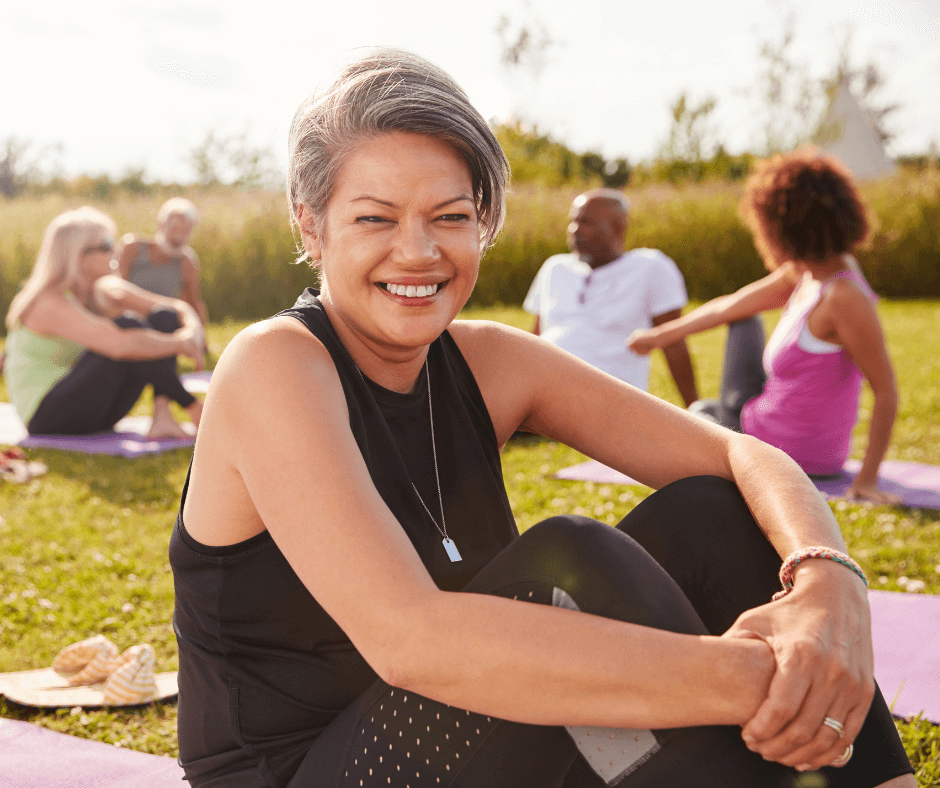

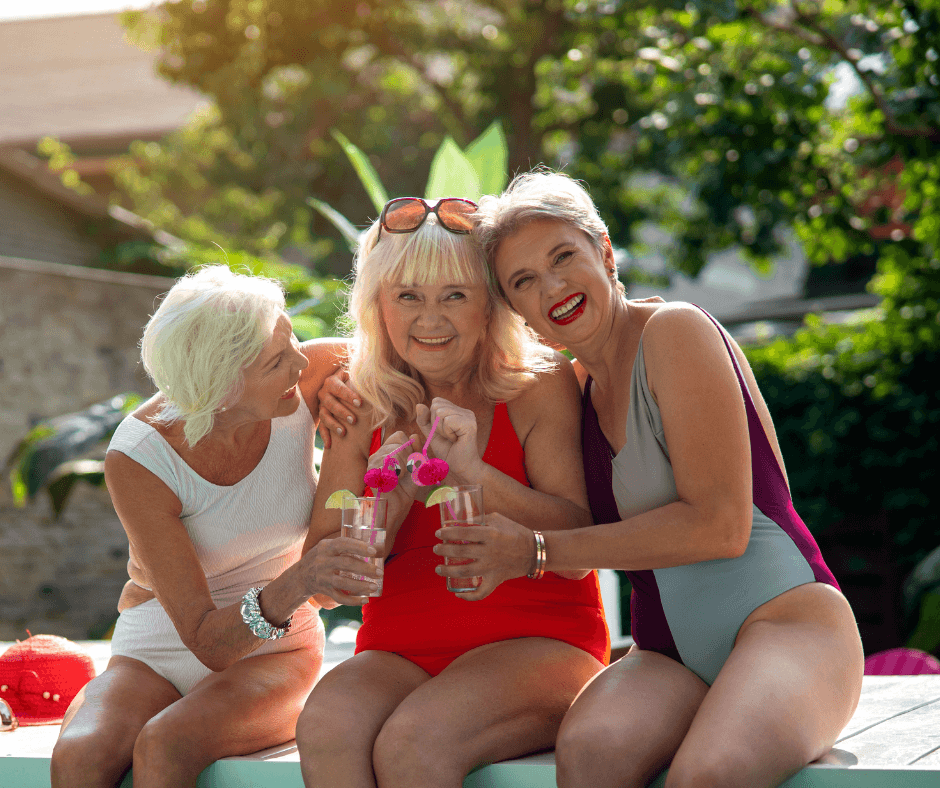

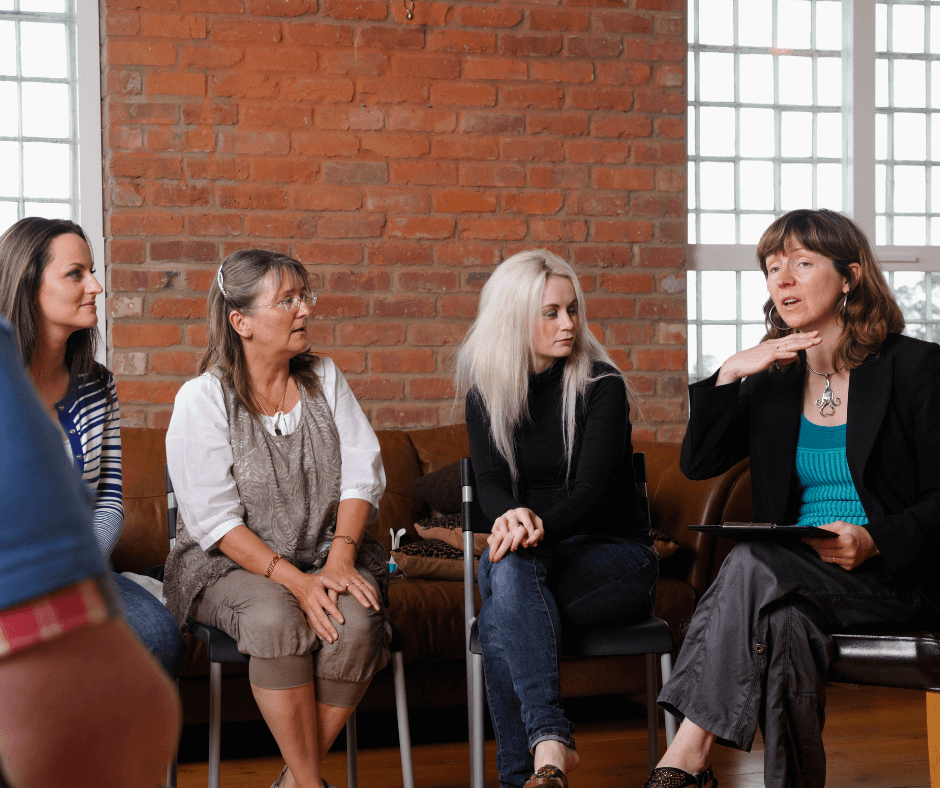


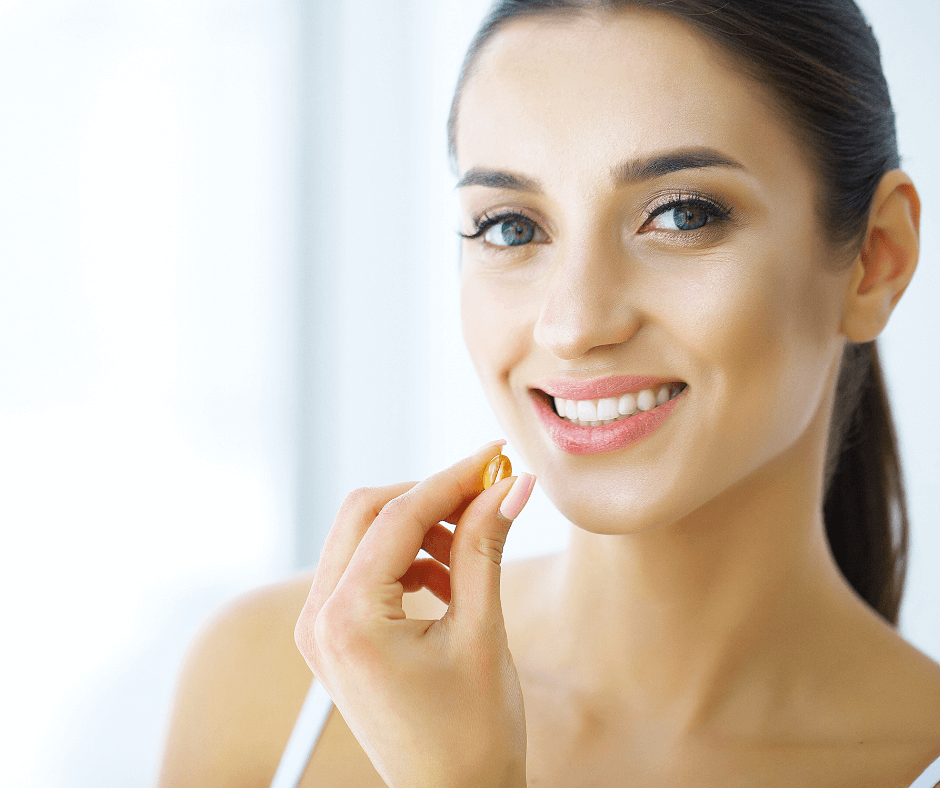

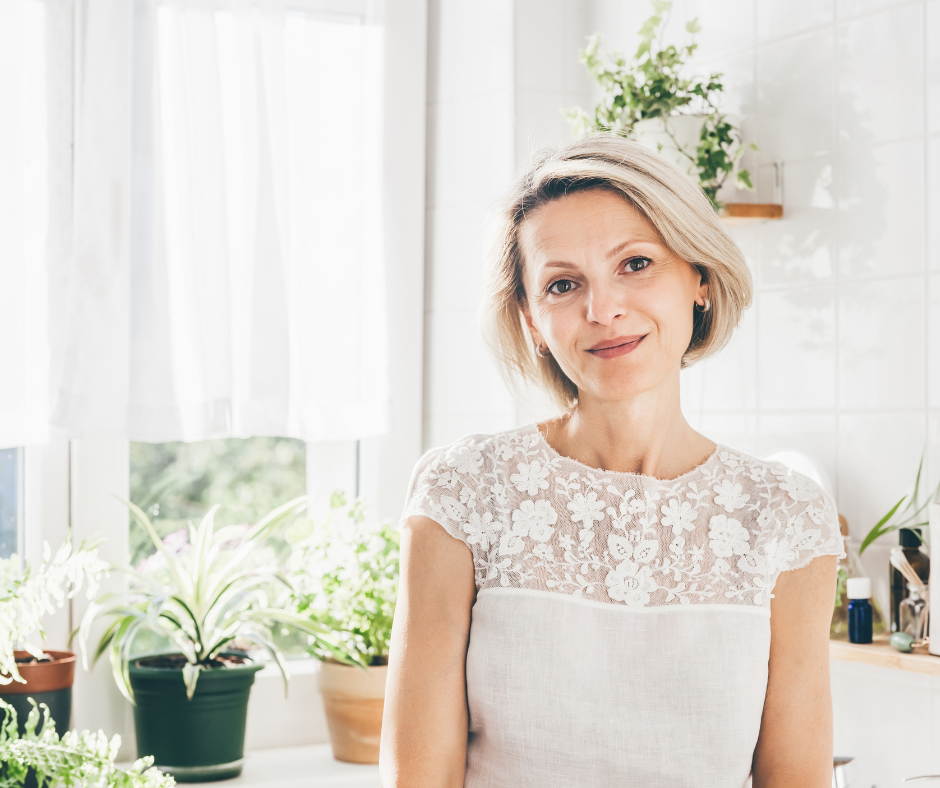

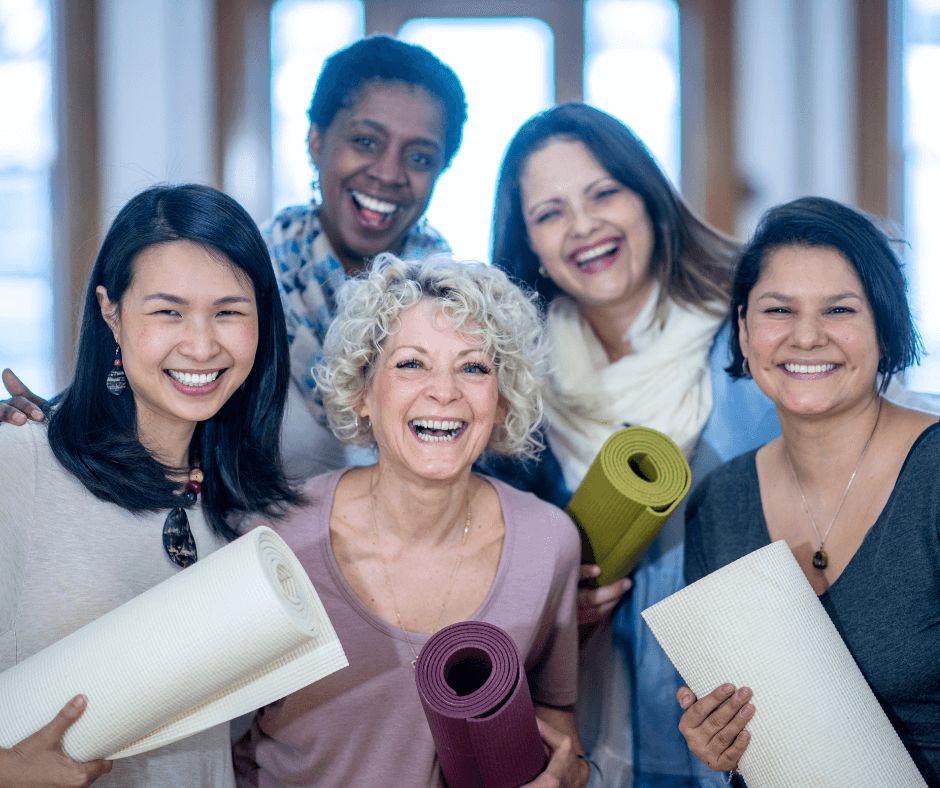
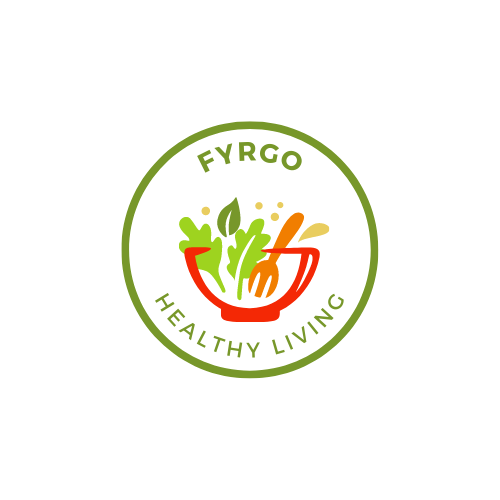
 RSS Feed
RSS Feed